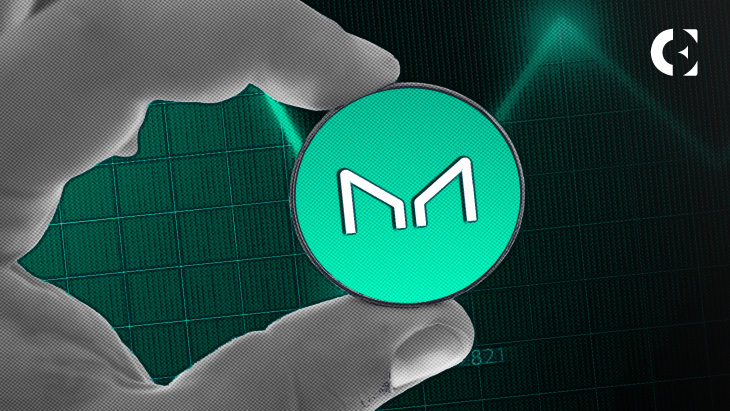- Korean won surpassed USD in terms of trading volume.
- Upbit hosts 80% of the total Korean trading volume.
- Crypto.com recently delayed its debut in the South Korean market.
The Korean won has surpassed the United States dollar as the most-used currency for trading Bitcoin and other digital assets.
According to a report from Bloomberg, this uptick is centered around Upbit, an exchange based in Seoul’s Gangnam district. Upbit’s wide selection of listed coins and user-friendly interface have helped it capture the majority of Korea’s crypto market.
With over 80% of Korean trading volumes, Upbit’s dominance in the local market is unrivaled, ranking among the top five exchanges globally by volume and closely competing with Coinbase.
Notably, new legislation aimed at protecting investors after the collapse of Do Kwon’s TerraUSD stablecoin in 2022 seems to further consolidate Upbit’s grip on the market. Under these regulations, crypto exchanges will be required to increase reserves, obtain investor-protection insurance, and enhance monitoring for suspicious transactions.
While these measures aim to protect investors, they may inadvertently strengthen Upbit’s position, as compliance costs could prove prohibitive for smaller exchanges.
Upbit, operated by fintech firm Dunamu Inc., has been a major player since its launch in 2017. Its trading volume has surged, accounting for almost 5% of global crypto trading volume, up from 1.4% in January 2021.
Backed by early investors such as South Korean internet giant Kakao Corp. and Woori Technology Investment, Dunamu saw its valuation skyrocket during the pandemic bull run, reaching a peak of $15.7 billion.
Singapore-based Crypto.com recently delayed its launch in South Korea, just six days before it was set to go live. This delay followed a report that the Financial Intelligence Unit (FIU) visited Crypto.com’s regional office over concerns about anti-money laundering procedures. This highlights the challenges international exchanges face when entering the Korean market, despite its attractive volume and volatility.
Disclaimer: The information presented in this article is for informational and educational purposes only. The article does not constitute financial advice or advice of any kind. Coin Edition is not responsible for any losses incurred as a result of the utilization of content, products, or services mentioned. Readers are advised to exercise caution before taking any action related to the company.










